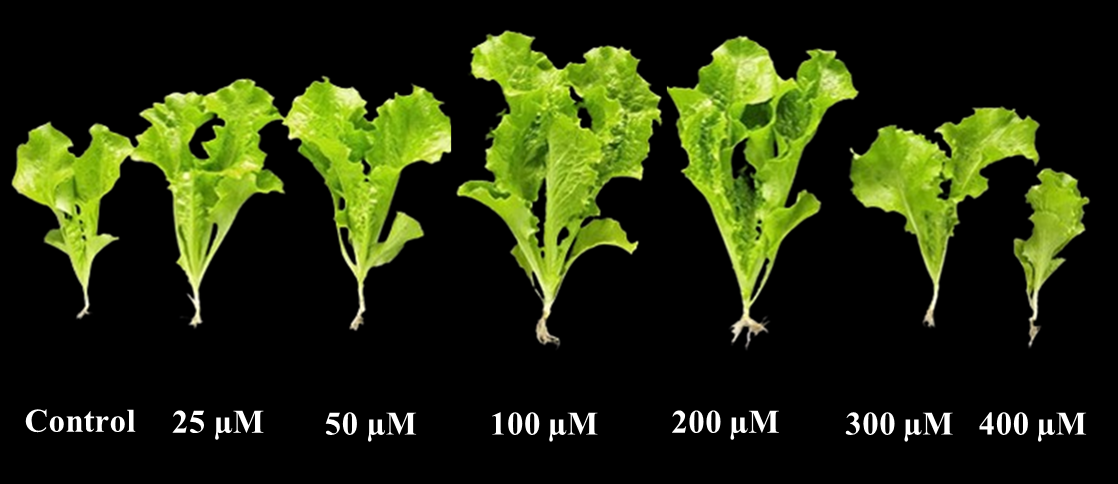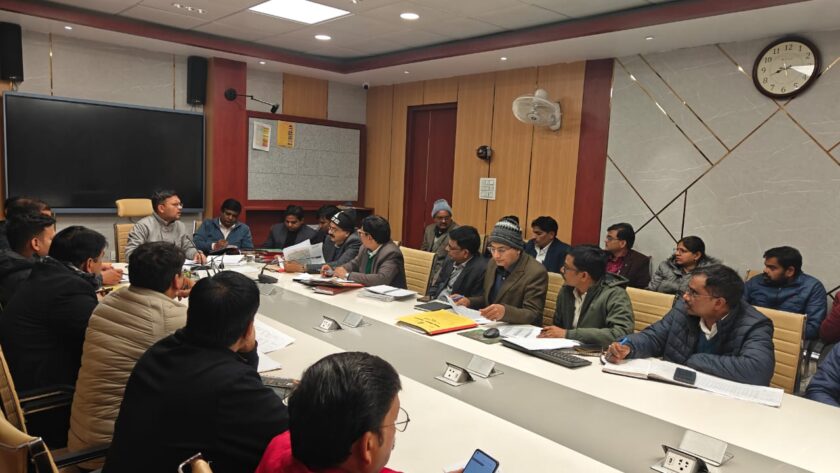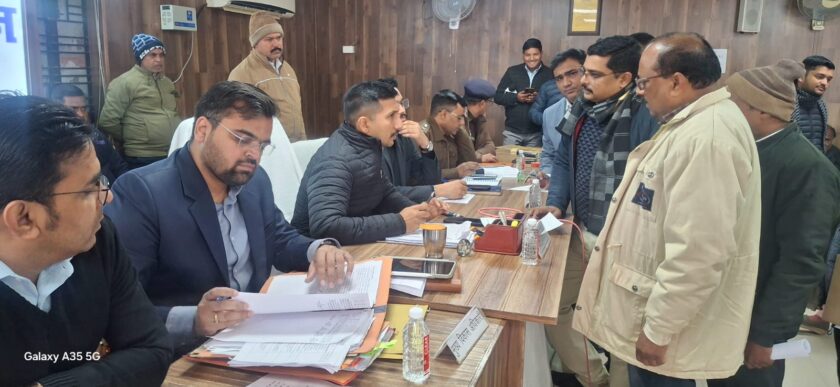Lucknow: In a breakthrough that could reshape sustainable agriculture, a research team from the Department of Botany, University of Lucknow, led by Prof. Mohammad Israil Ansari, has developed an eco-friendly nanotechnology that significantly enhances the growth, yield, and nutritional quality of lettuce plants.
Prof. Ansari and his team have synthesized gamma aminobutyric acid (GABA)-stabilized gold nanoparticles, a novel combination that merges nanoscience with plant physiology. GABA, known for its key role in plant signaling and stress tolerance, acts as a natural stabilizer and bioactive enhancer in this innovation—making it both biologically compatible and environmentally sustainable.

Lettuce (Lactuca sativa L.), one of the most widely consumed leafy vegetables across global cuisines, is valued not just for its culinary versatility but also for its rich nutritional profile. Packed with dietary fibre, calcium, iron, potassium, folate, and vitamins A, K, and C, it is considered a health-boosting food with potential therapeutic benefits, including protection against oxidative stress, cancer, diabetes, and Alzheimer’s disease.
The study—recently published in Biocatalysis and Agricultural Biotechnology (Elsevier, Netherlands, 2025), a high–impact international journal—reports promising results. Seeds treated with the GABA-mediated gold nanoparticles exhibited:

- Higher germination rates
- Improved chlorophyll content
- Enhanced antioxidant enzyme activity
- Better uptake of essential minerals, including calcium, magnesium, and iron
These improvements translated into healthier, more resilient lettuce plants with superior growth performance.
Prof. Ansari noted that this green nanotechnology could serve as a sustainable and safer alternative to chemical fertilizers. “This innovation can help farmers significantly increase crop quality and productivity while reducing environmental harm. It has the potential to be applied to a wide range of crops, contributing meaningfully to food security and agricultural sustainability,” he said.
The development marks a significant stride for the University of Lucknow in the field of agricultural biotechnology, highlighting how eco-friendly nanotechnology can support the next generation of farming solutions.









